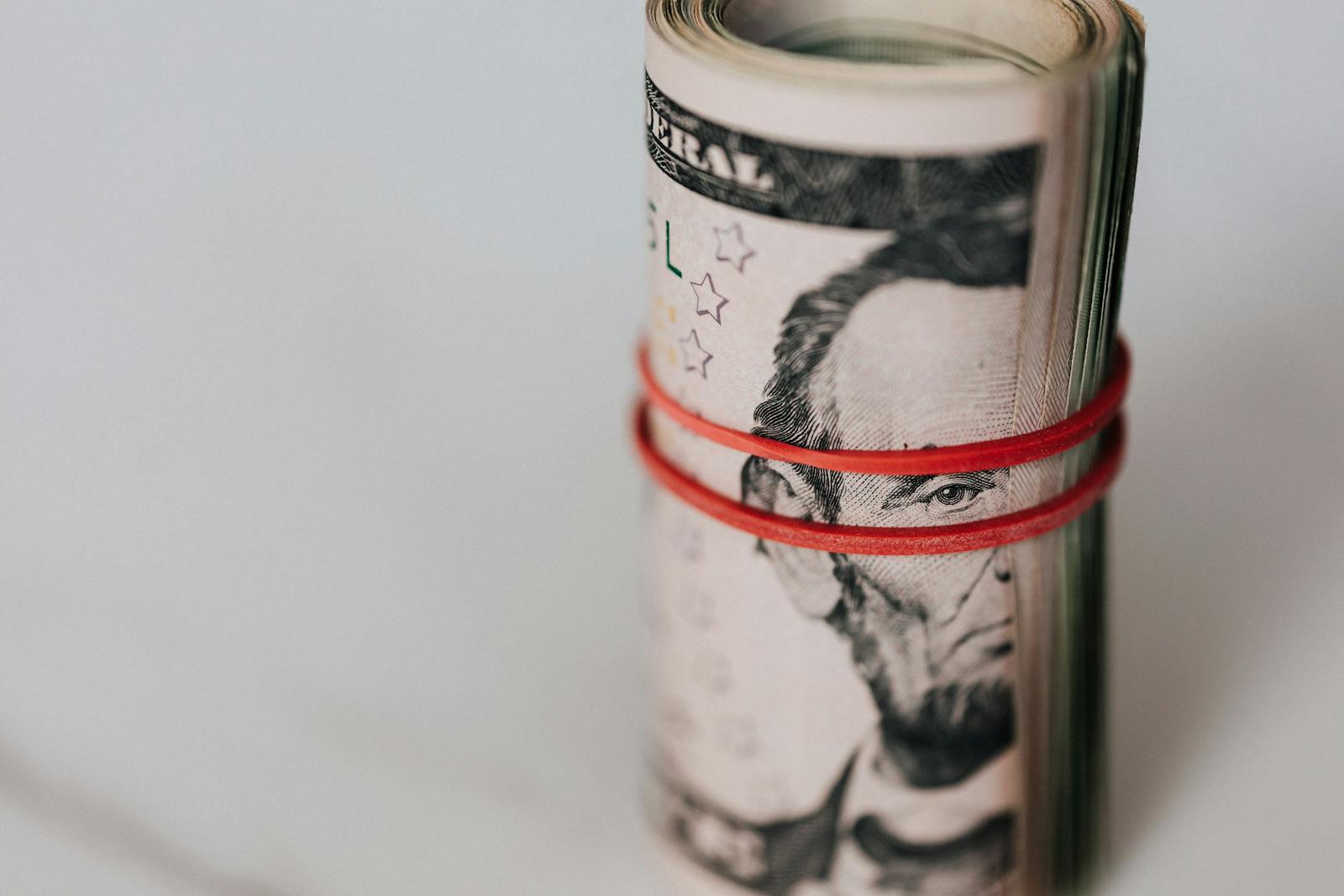
Views: 113
Introduction
Definition of Emergency Funds
An emergency fund is a stash of money set aside to cover the financial surprises life throws your way. These unexpected events can include medical emergencies, car repairs, home repairs, or sudden unemployment. Having an emergency fund can prevent these surprises from turning into financial disasters.
Importance of Emergency Funds
Emergency funds are crucial for maintaining financial stability. They provide a safety net that can help you avoid high-interest debt and maintain your standard of living during tough times. Without an emergency fund, you might have to rely on credit cards, loans, or borrow from friends and family, which can lead to financial strain.
Purpose of the Article
This article aims to provide a comprehensive guide on emergency funds, from understanding their importance to building and maintaining them. It will offer practical tips, expert insights, and real-life examples to help you secure your financial future.
What is an Emergency Fund?
Basic Concept
An emergency fund is a dedicated amount of money saved to cover unforeseen expenses. Unlike regular savings, which might be used for planned expenses like vacations or home improvements, an emergency fund is reserved strictly for unplanned events.
You Don’t Need an Emergency Fund
Some people believe they don’t need an emergency fund if they have a stable job or good health. However, emergencies can happen to anyone, and it’s better to be prepared. Even the most secure job can be lost due to unforeseen circumstances, and unexpected health issues can arise at any time.
Credit Cards as Emergency Funds
Relying on credit cards as your emergency fund can lead to financial trouble. Credit cards often come with high interest rates, and relying on them for emergencies can quickly lead to debt accumulation. It’s better to have liquid savings that don’t incur interest charges.
Savings Accounts Aren’t Worth It
While savings accounts might offer lower interest rates compared to investment accounts, they provide safety and liquidity, which are crucial for an emergency fund. The purpose of an emergency fund is not to grow wealth but to provide a financial safety net.
Case Studies and Personal Stories
Real-Life Examples
- Case Study 1: Medical Emergency
Jane, a 35-year-old professional, had been diligently saving a portion of her income in an emergency fund. When she unexpectedly needed surgery, her emergency fund covered the out-of-pocket expenses, allowing her to focus on recovery without financial stress. - Case Study 2: Job Loss
John, a father of two, lost his job due to company downsizing. His emergency fund helped him cover living expenses for six months, giving him the time to find a new job that matched his skills and salary requirements. - Case Study 3: Home Repair
Sarah and Mike faced a sudden roof leak during a heavy storm. Their emergency fund enabled them to pay for immediate repairs, preventing further damage and more costly repairs in the future.
Lessons Learned
- Having an emergency fund provides not just financial security but also peace of mind.
- Regularly contributing to an emergency fund can make a significant difference when facing unexpected situations.
- It’s crucial to assess and adjust the amount in your emergency fund periodically to ensure it meets your current needs.
Expert Insights
Financial Advisors Opinions
Financial experts consistently emphasize the importance of an emergency fund. They recommend starting small if necessary but maintaining a disciplined approach to building it up over time. According to many financial advisors, an emergency fund is the foundation of financial planning and should be prioritized over other savings goals.
Common Recommendations
- Start Small: Begin with a goal of saving $500 to $1,000. Gradually increase this amount as you build the habit of saving.
- Automate Savings: Set up automatic transfers to ensure regular contributions to your emergency fund.
- Review Periodically: Regularly review your financial situation and adjust your emergency fund goal as needed.
Conclusion
Summary of Key Points
An emergency fund is a crucial financial tool that provides security and peace of mind. It should cover at least three to six months of living expenses and be easily accessible. Building an emergency fund requires assessing your financial situation, setting a savings goal, creating a budget, cutting expenses, and possibly increasing income.
Encouragement to Start an Emergency Fund
Starting an emergency fund might seem daunting, but even small steps can lead to significant financial security. Prioritize building your emergency fund, and make regular contributions to ensure you’re prepared for life’s unexpected events.
Final Thoughts
An emergency fund is more than just a financial safety net; it’s a cornerstone of financial well-being. By understanding its importance and taking proactive steps to build and maintain it, you can ensure that you’re prepared for whatever life throws your way.
FAQs
What is the ideal amount for an emergency fund?
The ideal amount for an emergency fund is generally three to six months’ worth of living expenses. However, this can vary based on individual circumstances such as job stability, health, and family size.
How quickly should I build my emergency fund?
Aim to build your emergency fund as quickly as possible, but don’t rush to the point where it causes financial strain. Set realistic monthly savings goals and adjust as needed to reach your target amount.
Can I invest my emergency fund?
It’s generally not recommended to invest your emergency fund in high-risk assets because the primary goal is liquidity and safety. However, a portion can be placed in a high-yield savings account or a money market account to earn some interest while remaining accessible.
What if I can’t save much money?
If you can’t save much money, start small. Even setting aside a few dollars each week can make a difference over time. Look for ways to cut expenses or increase income to boost your savings.
Should I use my emergency fund to pay off debt?
Using your emergency fund to pay off high-interest debt can be a good strategy if you still maintain some savings for emergencies. However, aim to balance paying off debt with maintaining a financial safety net.
By following these guidelines and making a commitment to building your emergency fund, you can achieve greater financial security and peace of mind.
Recommended Products from Amazon
- Emergency Fund Saving Planner
Track and manage your savings with this comprehensive planner. - High-Yield Savings Account
Open a high-yield savings account to maximize your emergency fund growth. - Personal Finance Book
Learn more about personal finance and emergency funds with this top-rated book. - Budgeting Software
Automate your savings and budget effectively with this budgeting software. - Money Market Account
Explore money market accounts for a higher interest rate on your savings. - Certificate of Deposit (CD)
Consider a CD for a portion of your emergency fund for higher returns.
By utilizing these resources, you can better manage and grow your emergency fund, ensuring financial security and peace of mind.







